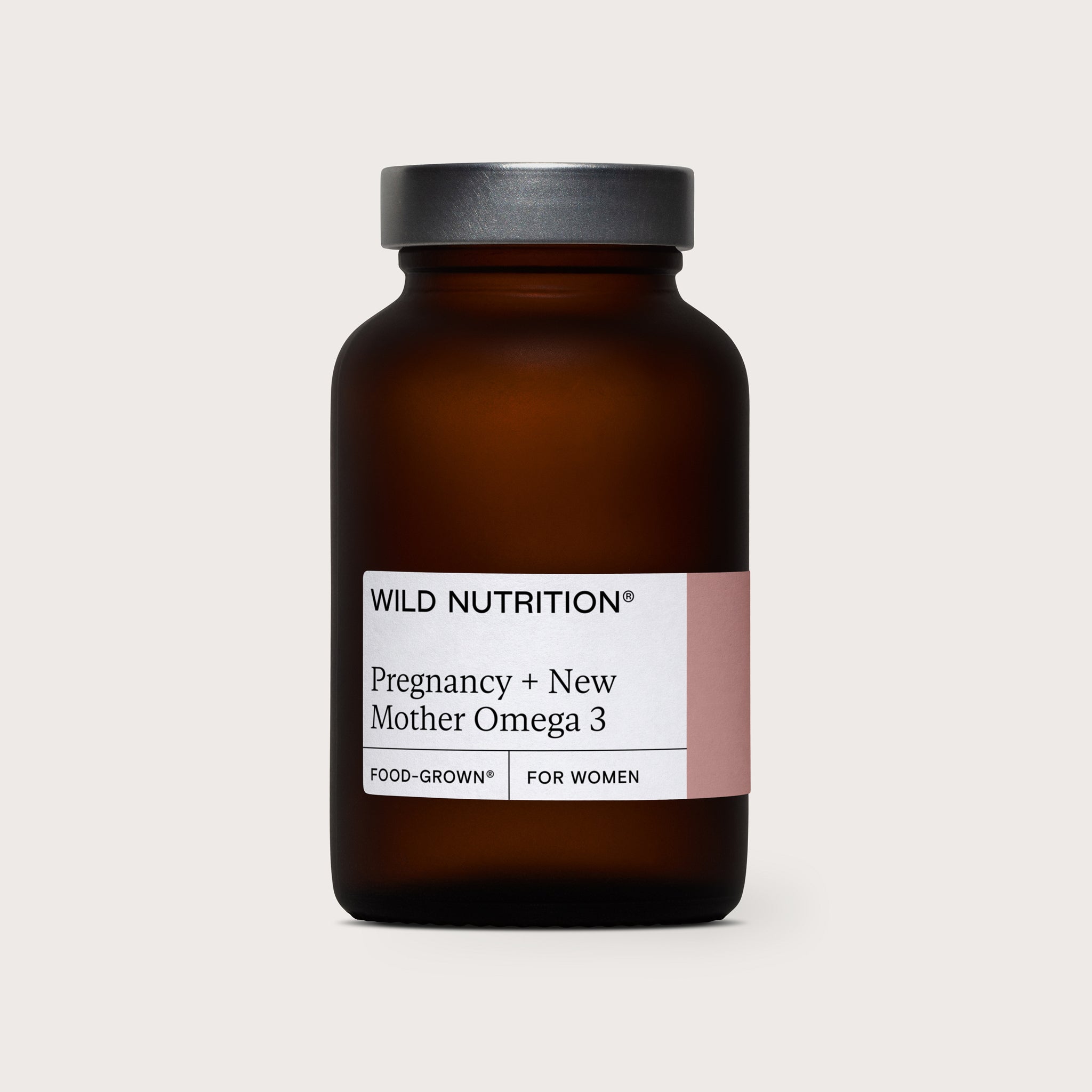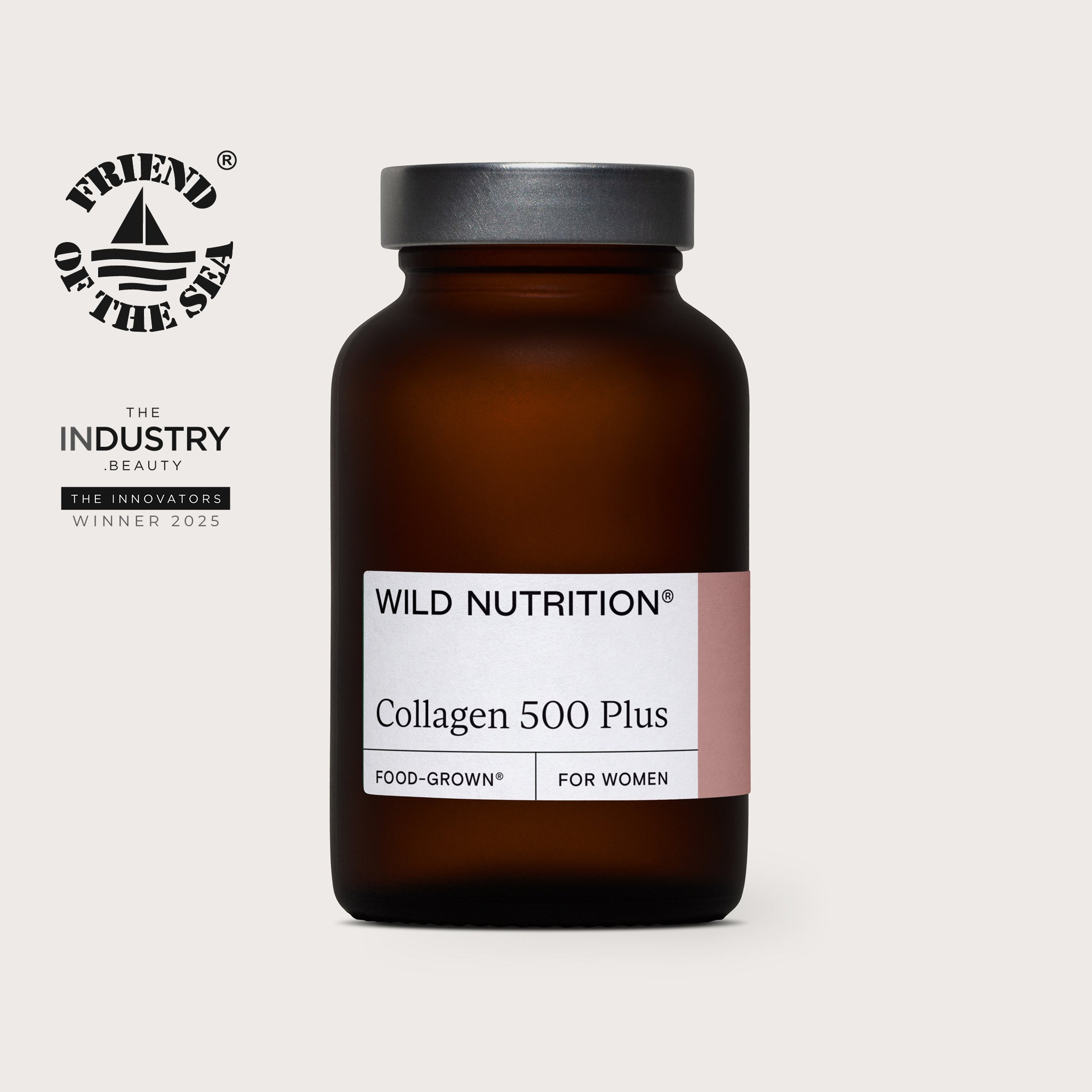
Endometriosis: My Story
Given that as many as 1 in 10 women are known to suffer from endometriosis, awareness should be significantly greater. On this basis alone I felt inspired to write this book.
My qualifications for writing about endometriosis are two-fold: as a professional nutritionist and as a sufferer.
In my work as a nutritional therapist, I have met many women suffering from endometriosis, some of whom were previously aware that they had the condition and others who were not. These women might have booked a consultation with me to address seemingly unrelated conditions such as extreme fatigue, depression or painful periods without recognising that these indicated an underlying condition such as endometriosis. Many of these clients had experienced these symptoms for over ten years before being diagnosed.
Their overwhelming feeling is frustration – at often not being heard by the professionals they have seen, at the length of time it took to get diagnosed, at the arguably unnecessary pain they have experienced during this time, and at the lack of information they receive on how to manage the condition once it is diagnosed. I know first-hand just how difficult this can be.
Given that as many as 1 in 10 women are known to suffer from endometriosis, awareness should be significantly greater. On this basis alone, I felt inspired to write my book Take Control of Your Endometriosis.
I will start with my story...
I did not realise I had endometriosis until I was 26 years old. This came about as a result of studying nutrition. From the start of menstruation at the age of 14, I had suffered severe period pains and bowel discomfort and often felt dizzy and faint.
My first visit to a doctor about these symptoms was at the age of 15. I was prescribed strong painkillers, and the diagnosis was heavy periods (dysmenorrhoea). The painkillers barely made an impact but I was assured that this was the best available treatment.
In the coming years, I added chronic tiredness to the list of symptoms and was duly diagnosed with post-viral syndrome. I accepted the heavy periods as something I had to learn to live with, but the extreme fatigue began to interrupt normal teenage living. This continued over the next 14 years with many labels from as many doctors, including chronic fatigue syndrome and myalgic encephalitis (ME).
During my time at university, and enjoying the social scene, I found myself struggling with low mood, increasing lack of energy and pelvic pain, now throughout the month. In retrospect, I now realise my liver was battling to take on the concoction of a typical student lifestyle and my fluctuating hormones.
After graduation I sought medical help yet again, explaining that the discomfort was worse and more constant. I was referred for an ultrasound examination. The scan was clear: severe but natural ovulation pain. I felt I had hit a brick wall but remained convinced there was something more to explain my symptoms.
It was not until I began my nutritional training at age 25, and studying the female endocrine (hormonal) system, that I became aware of the hormonal condition endometriosis. On asking my doctor whether this might be my problem, I was told that it was unlikely but if it were, the best options for me were either the contraceptive pill or pregnancy. To quote: ‘Is there any real point to investigating it?’
The contraceptive pill was not a route I wanted to go down, and having a child was not an option at that stage in my life. My need for an alternative resolution resulted in my insistence on an investigative procedure known as a laparoscopy. The result showed moderate to severe endometriosis in my left and right fallopian tubes that was likely to have been there since the start of menstruation. After 14 years of going through the mill, I had an answer.
I had laser treatment to remove as much endometriosis as was possible. At my post-care check-up I was informed, rather abruptly, that natural fertility was unlikely and I should begin trying to conceive as early as possible. I now understand that I am one of many thousands of women who are told this potentially devastating news unnecessarily. Having been a strongly maternal person from an early age I felt deeply upset by this prospect. I was determined to take my health into my own hands, to improve my everyday well-being and to challenge the prognosis of possible infertility.
I used diet and realistic lifestyle changes which I knew I could stick to. These did not involve living in a cave, practising yoga for an hour each day, or avoiding any form of normal life. Instead, I just became more conscious of my health in general: eating delicious foods and drinking lovely wine but in moderation. A year later things were very different, my endometriosis felt a lot calmer and, having married, I began trying for a baby. Four months later I discovered I was pregnant with our first son Alfie, born in 2007, and in 2010 and 2014, after two more natural conceptions and healthy pregnancies, I had our second and third boys Ned and Oscar.
Nowadays my endometriosis is manageable, with months going by where my pain is minimal, if present at all. I have had no fainting, no bowel discomfort, my energy has improved remarkably and I continue to eat responsibly and take care of myself. I know there are particular dietary triggers that if I choose to eat or drink can affect my well-being. Sometimes I still opt to indulge in these and other times I don’t. This is my choice but it is an informed one. Eating and living truly well is not a chore, it is a genuine pleasure. I say this not because I am a nutritionist; I say this because I am a woman who has now experienced the physical and emotional rewards of valuing and respecting the body’s amazing ability to heal when given the right tools. I have also become acutely aware of how my lifestyle affects my symptoms. I understand the importance of slowing down, of taking time to restore and just ‘be’ in my everyday life has a profound effect. I now use my symptoms as gentle reminders, signalling me to slow down, to rest and digest.
My driving force in my work as a Nutritional Therapist is a desire to understand the human being as a whole, the soul, the emotions, the environment, the functions of the body and their integrative role in health. It is easy to think of yourself as a victim, misunderstood and ignored by health professionals in which you have placed your trust. My book, Take Control of Your Endometriosis shares with you the experience and knowledge of this condition, not only my own, but also that of the inspiring individuals I have had the pleasure to work with and learn from along the way. It supports your understanding, knowledge and motivation to take control. Use your experience as an opportunity to flourish, rather than holding you back from living life to the full.
You may also like our blog posts: 'Endometriosis symptoms & how to speak to your doctor' and 'What are the benefits of our Endo Support supplement?' We also have a team of Nutritional Therapists who can help support you in your Endometriosis journey during a free call with us.












